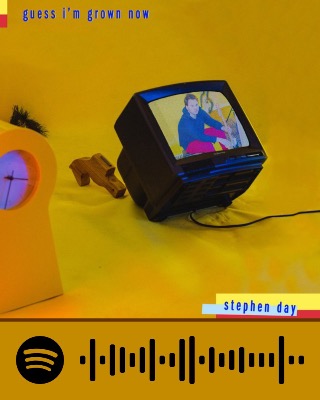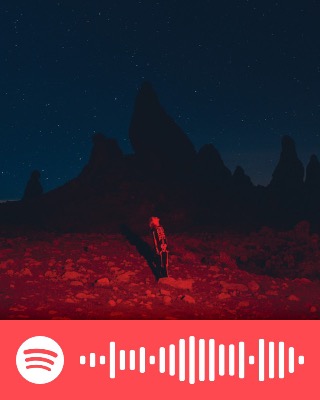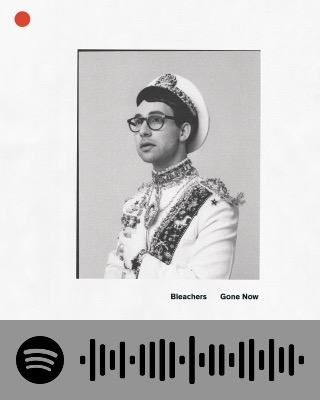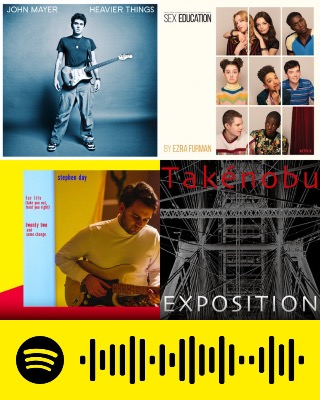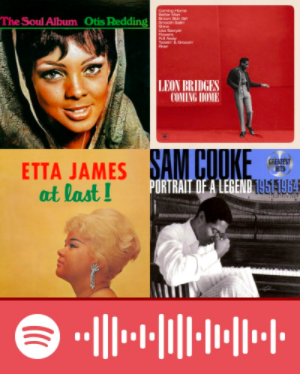“Mile-Long Mixtapes”: Ep. #7
Guess I’m Grown Now
by Kellie M. Beck
Stephen Day has quietly been writing R&B-inspired acoustic tunes since 2016, with his debut EP, Undergrad Romance and the Moses in Me. He’s come a long way since then, recently releasing a live album and a new EP in 2021, but his only full length album, Guess I’m Grown Now, in my opinion, is his finest work. With one leg in acoustic singer-songwriter folk, and the other in bedroom pop, Day shows listeners the future of pop-writing techniques, borrowing from a variety of genres to create a sound uniquely his.
Guess I’m Grown Now is my favorite kind of album– it explores a single concept, with great dexterity, texture, and tone. What can I say? I’m a sucker for musicians who use their albums to ask specific questions about their lives. Catharsis and reflection, for me, create importance.
With a mixture of love songs and songs that self-reflect on Day’s “twenty-two years and some change”, the album creates a multi=layered view of what feels like a hot summer week in New York City, where the night gives in, and we all take a breath of relief as the humidity is lifted off our shoulders, if only for a moment.
Day gives listeners a brief intro track that I’ve always appreciated– the title song of his album. But after, it jumps into a song with easy guitar grooves and a beat made for strutting down the sidewalk. From this track, entitled For Life (Take You Out, Treat You Right), Day detours into a series of songs that seems to tell the story of a relationship from different points of perspective and time. The next four songs have the same groove, relying on funky background guitar riffs, and melodies that stray a little left of center– in the best kind of way. Whatever you do, DON’T MISS OUT ON Dancing in the Street. God, what a good song.
If John Mayer had a cooler, more interesting, and less problematic brother, it would be Stephen Day. He has that sweet crooning voice we all love from Mayer, and a similar style, but Day elevates his work with more production and layers of instrumentation, and a stronger build toward his musical climaxes.
After our foiree into relationships, Day brings the spotlight back to him. Twenty Two and Some Change, as well as Back to Georgia, address what it means to find your own voice, and how lonely, yet empowering it can be. Day drops down the production for the last two tracks on the album, that are sentimental, bittersweet, and lush.
There is also an acoustic version of the album– a great counterpart to the fully produced album and a reminder that Day knows what he’s doing when it comes to songwriting.

